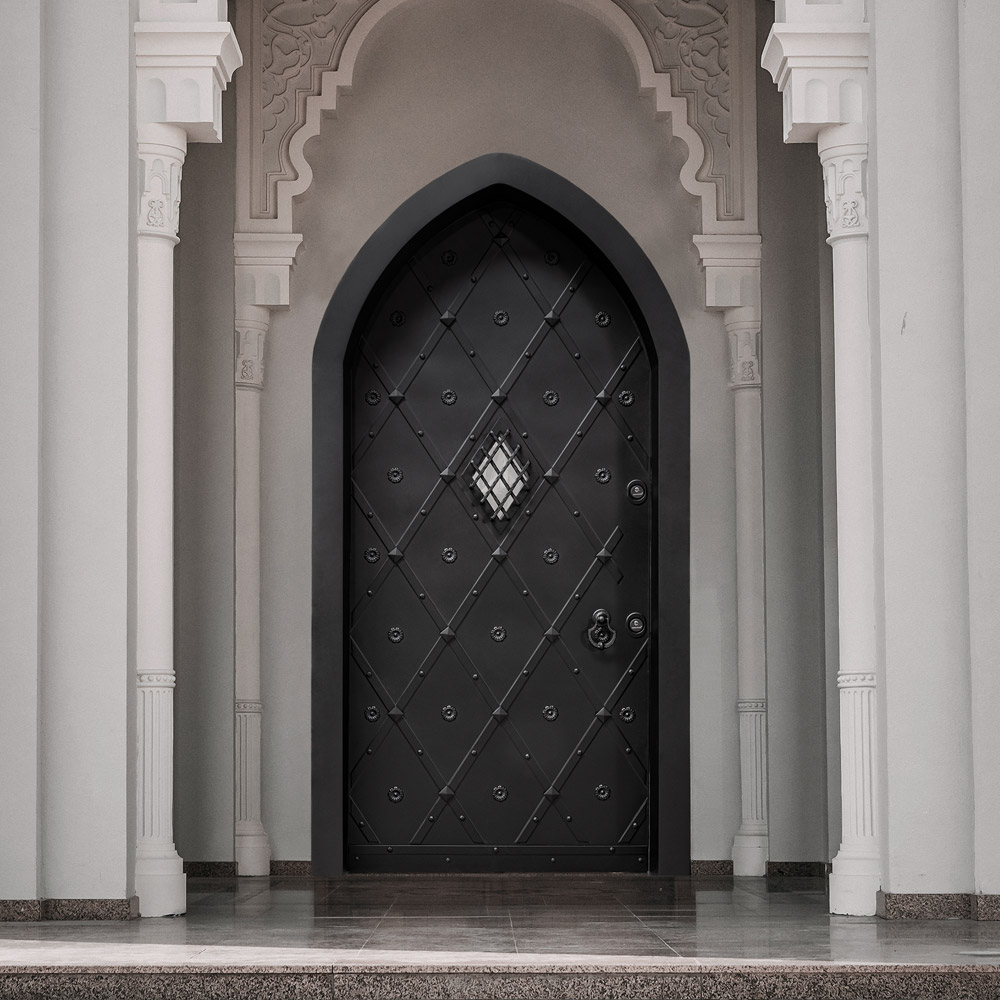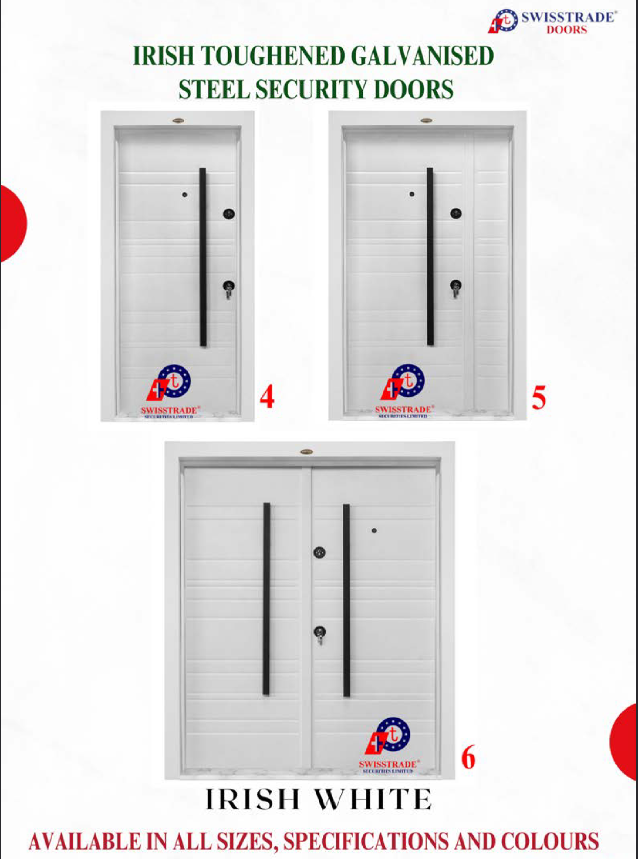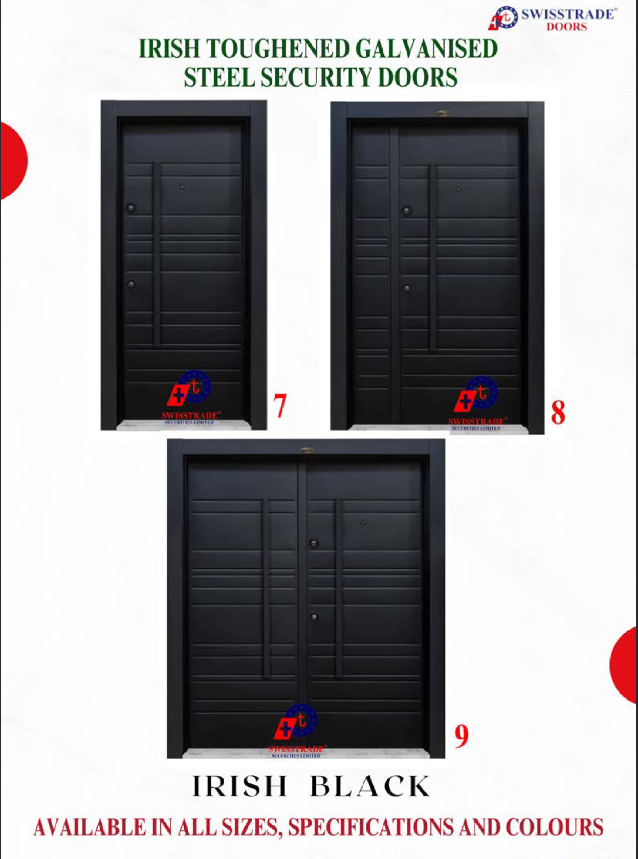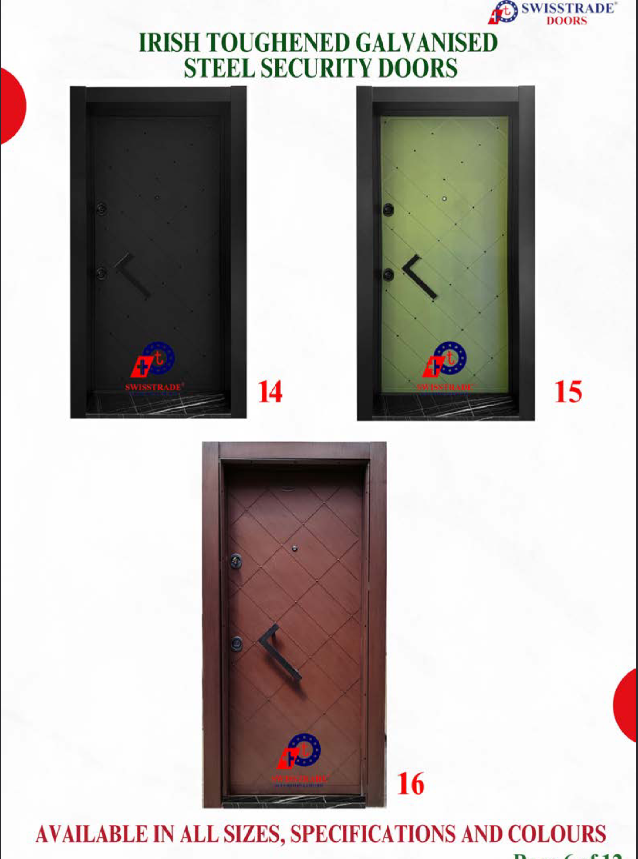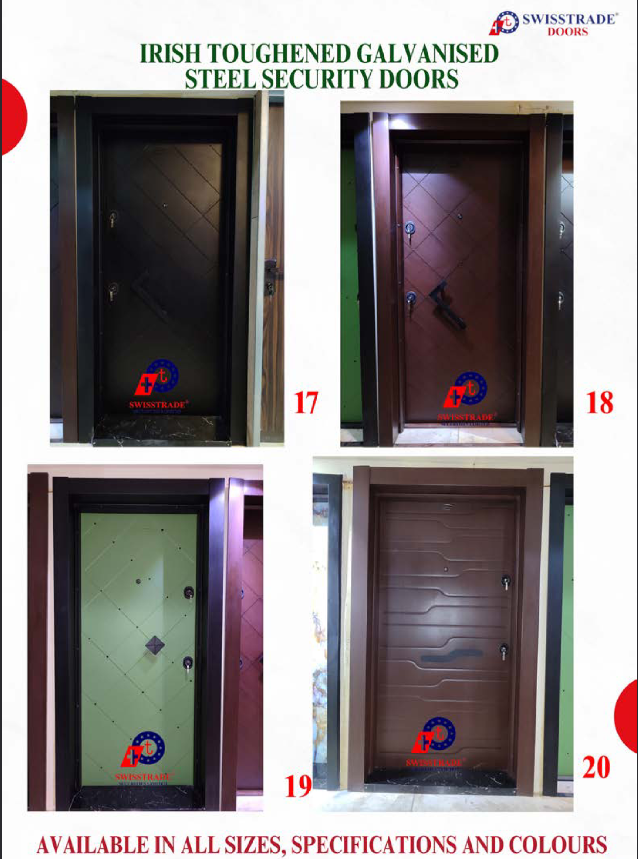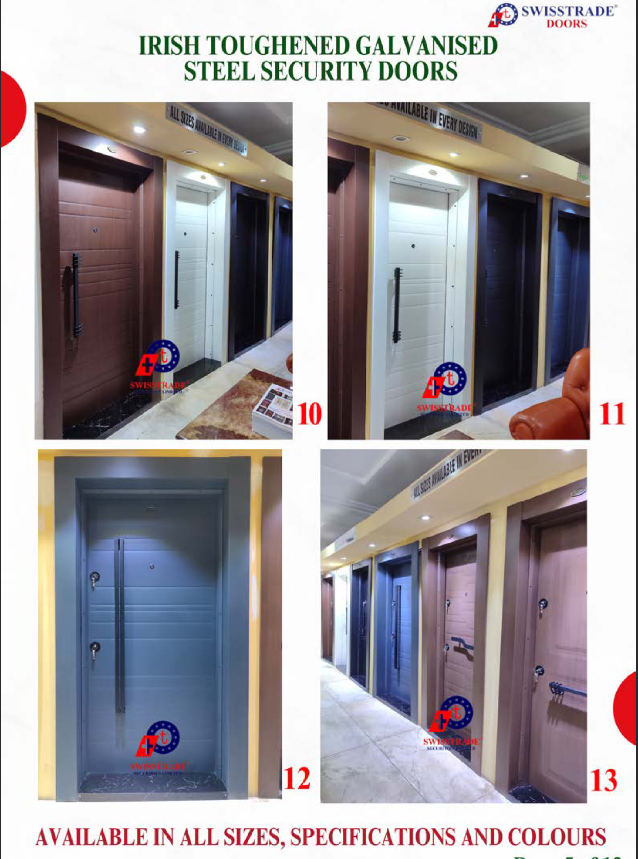Introduction
Door hinges and locks are the unsung heroes of your building’s security and functionality. They experience daily use, endure constant pressure, and play a critical role in both the ease of operation and protection of your property. However, when they are not properly maintained, even the sturdiest doors can fail to perform effectively.
In this blog post, we’ll cover essential door hinge and lock maintenance tips to ensure your doors remain secure, functional, and long-lasting. Whether you’re a homeowner or a business owner, following these maintenance practices will help you avoid costly repairs and ensure optimal security for your property.
1. Regular Cleaning to Prevent Build-Up
Dirt, dust, and grime can easily accumulate in the moving parts of your door hinges and locks, causing them to stick or wear out prematurely. Regular cleaning is a simple but effective way to keep these components functioning smoothly.
- How to Clean Hinges: Use a dry cloth to remove dust and debris from around the hinges. For more thorough cleaning, a damp cloth with mild soap can be used to wipe down the hinges. Be sure to dry them completely afterward to prevent rust.
- How to Clean Locks: Wipe the exterior of the lock with a soft, damp cloth. Avoid using harsh chemicals, especially on keyed locks, as they may damage internal components. For keyholes, use a dry toothbrush or compressed air to clear out dirt.
Regular cleaning prevents the build-up of debris that can lead to mechanical failure over time.
2. Lubricating Hinges and Locks for Smooth Operation
Hinges and locks rely on smooth movement to function properly. Without proper lubrication, they can become stiff, squeaky, or even seize up, making your doors difficult to open or close. Regular lubrication ensures that your hinges and locks operate smoothly and helps prevent unnecessary wear.
- Lubricating Hinges: Use a silicone-based spray or a small amount of WD-40 to lubricate the moving parts of your door hinges. Be sure to apply the lubricant to the pin inside the hinge as well. Wipe off any excess to prevent attracting dust and dirt.
- Lubricating Locks: For locks, use a graphite-based lubricant or a silicone spray. Avoid oil-based lubricants, as they can gum up the internal mechanisms. A small amount of lubricant in the keyhole will ensure smooth locking and unlocking.
By lubricating hinges and locks at least once or twice a year, you can prolong their lifespan and ensure easy operation.
3. Inspect for Loose or Damaged Hardware
Hinges and locks are subject to wear and tear, especially in high-traffic areas. Over time, screws can become loose, hinges can shift, and locks can wear down. Regular inspections allow you to catch these issues before they lead to more serious problems.
- Check for Loose Screws: Periodically inspect your hinges and lock plates for loose screws. Tighten any loose screws using a screwdriver, and replace any that are worn out or stripped.
- Examine Hinges for Wear: Look for signs of wear, such as misaligned hinges, rust, or bent parts. If any component is damaged, it may need to be replaced to prevent further issues.
- Test Locks for Smoothness: Insert the key into the lock and turn it to check for any stiffness or resistance. If the lock feels sticky or difficult to operate, it may need lubrication or internal repairs.
Keeping hardware tight and aligned ensures your doors continue to function properly and remain secure.
4. Protect Hinges and Locks from Rust
Rust can cause significant damage to both hinges and locks, particularly in outdoor doors that are exposed to moisture. Once rust forms, it can weaken the metal, cause sticking, and compromise the security of your doors. Preventative measures can help keep rust at bay.
- Use Rust-Resistant Hardware: If you live in a humid or coastal area, consider upgrading to stainless steel or brass hinges and locks that are naturally resistant to rust and corrosion.
- Apply Rust Prevention Coatings: For existing hardware, applying a rust-prevention spray or a thin layer of machine oil can protect metal components from moisture.
- Monitor for Early Signs of Rust: Inspect your hinges and locks regularly for rust spots. If you spot rust forming, remove it immediately with a wire brush or sandpaper, and apply a rust inhibitor to prevent further damage.
Rust prevention is key to extending the life of your door hardware, especially for exterior doors.
5. Ensure Proper Alignment of Hinges and Locks
Doors that are misaligned put undue stress on hinges and locks, causing them to wear out faster. This can lead to a range of issues, from difficulty opening and closing the door to compromised security. Proper alignment ensures that your doors operate smoothly without putting unnecessary pressure on the hardware.
- Check Door Alignment: If your door sticks, sags, or doesn’t close properly, it may be misaligned. Use a level to check the alignment, and adjust the hinges as needed by tightening or loosening the screws.
- Realign Lock Strikes: Misaligned lock strikes can prevent the lock from engaging properly, reducing security. If the latch doesn’t line up with the strike plate, adjust the plate’s position or replace it to ensure proper engagement.
Properly aligned doors not only operate more smoothly but also protect the longevity of your hinges and locks.
6. Replace Worn-Out Locks and Hinges
Even with the best maintenance practices, hinges and locks will eventually wear out over time. When this happens, it’s crucial to replace them promptly to maintain the security and functionality of your doors.
- When to Replace Hinges: If your hinges are bent, rusted beyond repair, or causing the door to sag, it’s time to replace them. Swapping out old hinges for new, stronger ones can make a significant difference in the door’s performance.
- When to Replace Locks: If your lock is no longer secure or if you notice difficulty in locking and unlocking, consider upgrading to a new lock. Smart locks or deadbolts can offer enhanced security features for added peace of mind.
Replacing worn-out components ensures that your doors remain functional and continue to provide the security your property needs.
Keep Your Doors Safe and Functional with Regular Hinge and Lock Maintenance…
Maintaining your door hinges and locks is essential for ensuring long-term security and functionality. Regular cleaning, lubrication, inspections, and timely repairs all contribute to the smooth operation and durability of your doors. By following these simple maintenance tips, you can prevent common issues, extend the life of your door hardware, and avoid costly repairs.
At Swisstrade Doors Ltd., we offer premium security luxury doors that are built to last, along with expert advice on how to maintain them. Contact us today to learn more about our doors and how we can help you keep your building secure and efficient.


